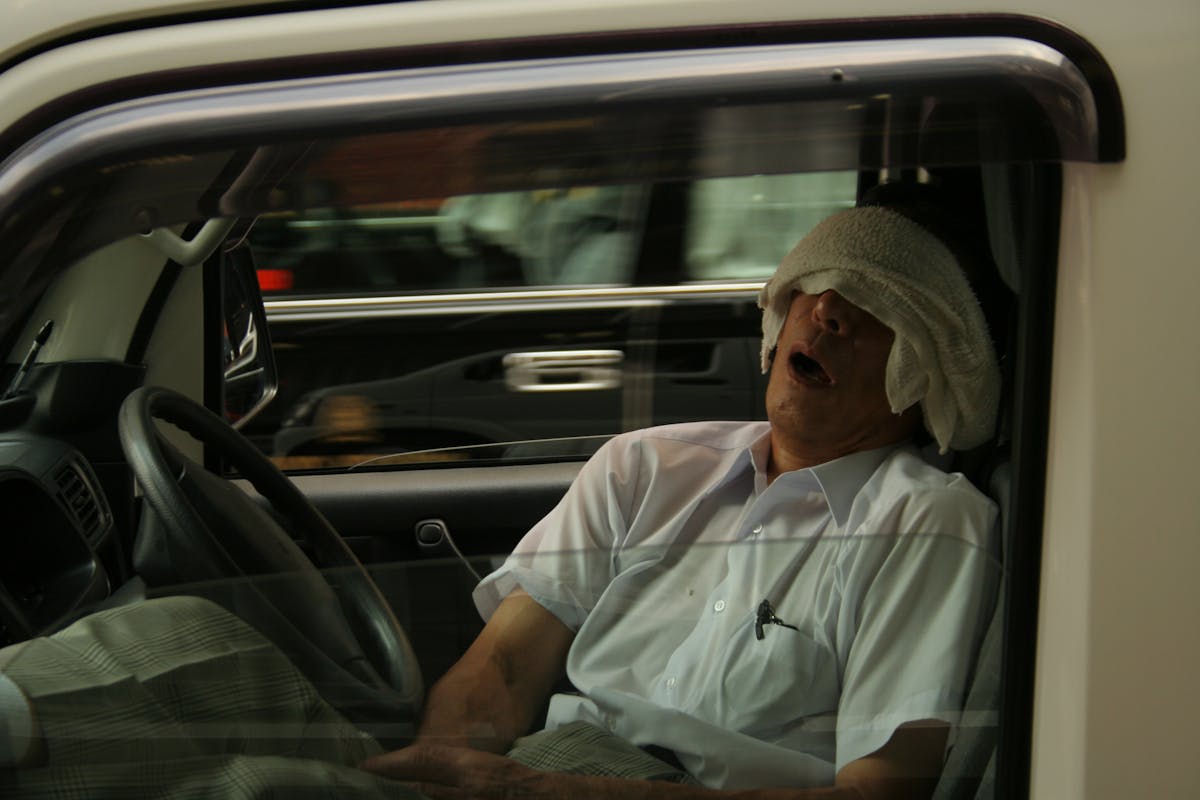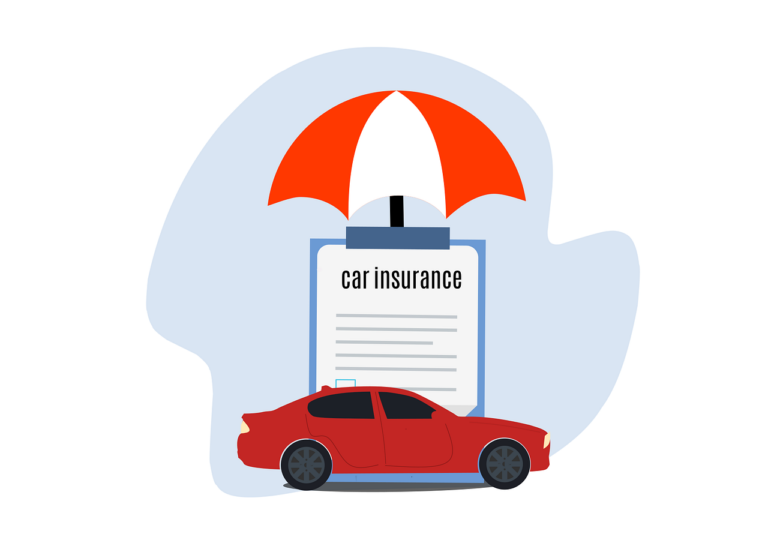Is Sleeping in Your Car Illegal in California
Sleeping in your car in California is not outright illegal, but various local laws and restrictions regulate when and where you can do so. State law generally allows people to sleep in their vehicles on private property with the owner’s permission and in designated rest areas for up to eight hours. However, many cities have ordinances prohibiting overnight parking or sleeping in vehicles in certain areas, especially near residential neighborhoods or public streets. Violating these local laws can result in fines or towing. To avoid legal issues, check local regulations and look for designated parking areas or safe overnight locations.
Understanding California’s Vehicular Code
Maneuvering the labyrinth of California’s vehicular code can be an intimidating task, especially when it comes to understanding the legality of sleeping in your car. The vehicular code is a thorough set of laws governing all aspects of vehicle use and ownership, including some clauses that directly pertain to vehicle restrictions and safety concerns connected to sleeping in your car.
The code does not outrightly ban the act of sleeping in your car, but it does impose certain restrictions that can make the practice legally challenging. These restrictions are typically related to where, when, and how you can sleep in your vehicle. For instance, sleeping in a car is generally prohibited in residential areas, near schools, and in many public parking lots. Navigating these laws requires awareness of associated legal frameworks, such as understanding deadlines for legal action in California, which can influence broader legal rights and obligations.
Safety concerns are also a significant consideration in the vehicular code. The code stipulates that the vehicle must be safely parked and not obstructing traffic in any way. Additionally, the vehicle must be in a condition suitable for habitation, with adequate ventilation and no risk of carbon monoxide poisoning. For those seeking advice on related legal issues, such as navigating the aftermath of a car accident, understanding evidence tips for better legal outcomes can be crucial. Grasping the intricate details of California’s vehicular code is essential to navigate the legality of sleeping in your car.
Legal Aspects of Car Dwelling
Having examined the vehicular code’s implications on sleeping in a car, it becomes important to shed light on the broader legal aspects of car dwelling. This practice, while often seen as a response to housing crises, carries with it certain legal intricacies.
The question of legality primarily hinges on two essential factors: car safety and personal privacy. Car safety involves ensuring that the vehicle is parked in a location that does not pose a risk to the dweller or others. This includes aspects such as being parked legally, not obstructing traffic, and not causing any potential hazards.
On the other hand, an individual’s personal privacy while living in a car can be a complex issue. Court rulings have indicated that an individual maintains a reasonable expectation of privacy even while in a vehicle. As a result, law enforcement may need reasonable suspicion of criminal activity to intrude on this privacy. However, this privacy does not extend to actions that are visible to the public eye.
Understanding these legal aspects of car dwelling is vital for those considering it as a temporary or long-term living option in California.
City-Specific Regulations in California
Despite the overarching state laws, individual cities in California have established their own regulations regarding sleeping in vehicles. For instance, San Francisco has specific laws on “Vehicle Habitation,” while Los Angeles’s parking laws can impact where and when one may rest in their car. Understanding these city-specific regulations is essential for anyone considering car dwelling in these areas.
San Francisco’s Vehicle Habitation
In the bustling city of San Francisco, specific regulations govern vehicle habitation. These laws have been implemented as part of a broader approach towards homelessness solutions, and are aimed at managing the issue of urban camping.
While other cities in California may be lenient about sleeping in a vehicle, San Francisco has strict rules against it. The city categorizes this act under its broader prohibitions of lodgings in vehicles, which is considered a public nuisance and a health and safety concern. Violations can lead to citations, fines, and even the impounding of the vehicle.
However, San Francisco also recognizes the need for homelessness solutions and has thus devised programs to address this issue. One such initiative is the Vehicle Triage Center, which offers safe parking sites for individuals and families living in their vehicles, while also providing them with access to sanitary facilities, case management, and housing services.
Los Angeles Parking Laws
A vast majority of Los Angeles residents are no stranger to the city’s complex parking regulations. Los Angeles has intricate parking laws that encompass residential areas and public spaces, with specific restrictions in place for overnight stays, vehicle limitations, and safety concerns.
- Parking Restrictions: Los Angeles has strict parking limitations, especially in residential areas. Vehicles cannot park at red, white, or blue curbs, and there are restrictions on oversized vehicles, especially in residential areas.
- Street Sweeping: The city has regular street sweeping schedules, and parking is prohibited during these times. Violations can result in hefty fines under the city’s stringent ticketing policies.
- Overnight Stays: Sleeping in your vehicle is heavily regulated in Los Angeles. It is illegal to sleep in your car in residential areas and many public spaces between 9 PM and 6 AM.
Enforcement practices in Los Angeles are rigorous, with regular patrols and immediate ticketing for violations. With these laws in place, the city aims to balance the needs of motorists, residents, and safety concerns. Understanding these laws is essential for anyone considering sleeping in their car in Los Angeles.

Exemptions and Exceptions
While general regulations in California may prohibit sleeping in cars, there exist certain exemptions and exceptions under specific circumstances. One needs to understand California’s Vehicle Code to identify these exceptional cases. Additionally, local ordinances can influence the enforcement and interpretation of these rules, adding another layer of complexity to this issue.
Understanding Californias Vehicle Code
Maneuvering the complexities of California’s Vehicle Code can be a challenging task, particularly when it comes to exemptions and exceptions. This legislative document has numerous sections that deal with a wide range of issues including vehicle safety and privacy concerns, which are especially important when considering the legality of sleeping in your car.
The code offers a few exemptions and exceptions that may impact the legality of sleeping in your vehicle. These include:
- If your vehicle is parked in a designated camping or sleeping area.
- If you are a commercial driver resting during a long haul.
- If you are in a condition where driving would be unsafe or illegal, such as intoxication.
It’s important to note that these exceptions are not universally applied and are subject to interpretation and enforcement by local authorities. Carefully reading and understanding the Vehicle Code will provide more clarity on its application and enforcement. Remember, while the code provides a general framework, local regulations may further restrict or define the circumstances under which you can legally sleep in your vehicle.
Local Ordinances Impact
Understanding local ordinances is essential when considering the exceptions and exemptions provided in California’s Vehicle Code. These rules can vary greatly from one jurisdiction to another, and their enforcement can impact individuals who sleep in their vehicles. It is crucial to recognize that despite the statewide law, local enforcement plays a critical role in these situations.
For example, some cities may have stricter ordinances preventing individuals from sleeping in their vehicles in specific zones like residential areas or commercial districts. These are often enacted due to community impact, as vehicle dwelling can influence neighborhood aesthetics, safety, and property values. Consequently, local law enforcement agencies may issue citations, impound vehicles, or provide referrals to social services for those found in violation of these ordinances.
However, certain exceptions and exemptions exist, primarily for people experiencing homelessness. Many jurisdictions have safe parking programs that allow overnight parking in designated areas. In addition, some ordinances only apply during specific times, offering a window for legal vehicle dwelling.
Consequences of Violating the Law
Facing penalties for sleeping in your car in California can have a significant impact on individuals. Legal penalties may vary, depending on the jurisdiction and the frequency of the offense. In addition, the enforcement challenges that authorities face can make the situation more complex, leading to potential inconsistencies in how the law is applied.
The consequences of violating this law can be divided into three main categories:
- Criminal Consequences: A first-time violation is often considered an infraction, which is usually punishable by a fine. However, repeated offenses may lead to misdemeanor charges, with more severe penalties including potential jail time.
- Financial Penalties: The fines for sleeping in a car can range from $25 to $1,000, depending on the locality and the number of offenses. These fines, if unpaid, could lead to additional legal troubles.
- Impact on Personal Record: Having infractions or misdemeanors on your record can have long-term impacts, affecting employment opportunities and housing applications.
Safe Alternatives to Car Sleeping
While sleeping in a car can sometimes seem like the only option available, it’s important to contemplate safer alternatives. These alternatives can offer more comfort, security, and legal peace of mind for those in need.
Rest area options are one viable substitute to car sleeping. Across California, rest areas provide a legal spot to stop and rest, typically for a limited amount of time. They offer basic amenities such as restrooms and picnic tables. Although they are not designed for long-term stays, they can be a legitimate temporary solution to avoid potential legal issues associated with sleeping in vehicles on public or private property.
Campground facilities offer another alternative. California is home to numerous campgrounds, both public and private, with varying levels of amenities. Some campgrounds provide basic tent sites, while others offer full RV hookups and cabins. These facilities usually require a modest fee but provide a safe and legal place to sleep.
Understanding these alternatives can help individuals avoid the legal complexities related to sleeping in cars. However, it is not an all-encompassing solution, and long-term strategies must be considered for those dealing with chronic homelessness or housing instability.
Advocacy Groups for Car Dwellers
In light of the legal challenges and social stigma faced by those who sleep in their cars, numerous advocacy groups have emerged to offer support and drive policy change for car dwellers in California. These organizations work tirelessly to protect car dwelling rights, raise awareness about the issues at stake, and push for legislative changes that will create a more humane environment for this marginalized group.
Several groups have led significant advocacy campaigns, focusing on:
- Policy reform: They lobby for laws that decriminalize car dwelling, emphasizing the need for thorough solutions to homelessness rather than punitive measures.
- Public education: These groups aim to destigmatize car dwelling, challenging societal biases and promoting understanding through informative campaigns.
- Direct Support: They provide resources like legal advice, hygiene facilities, and safe parking lots to car dwellers, filling important gaps in services.
These advocacy groups play an essential role in protecting the rights of car dwellers, demonstrating the power of collective action in driving societal change. Their efforts are instrumental in challenging restrictive laws, shifting public perception, and providing much-needed support for those living in their vehicles.
Frequently Asked Questions
Legal options include designated rest areas, campgrounds, and certain “Safe Parking” programs available in cities like Los Angeles and San Diego.
You can sleep in your car at designated rest areas for up to eight hours, in private property with the owner’s permission, and in certain safe parking programs. However, city-specific laws may further regulate or prohibit vehicle habitation.
Penalties can include fines, vehicle impoundment, and even misdemeanor charges for repeated violations. The exact consequences depend on the local jurisdiction enforcing the law.
Sleeping in your car can lead to poor sleep quality due to uncomfortable positioning, temperature extremes, and noise. Safety concerns include potential carbon monoxide poisoning and increased vulnerability to crime. Regular exposure may result in chronic health issues.
Yes, several organizations provide support for car dwellers in California. These include Safe Parking LA and Dreams for Change, offering car dwelling resources and building support networks to aid individuals living in such circumstances.
In California, child safety and pet comfort are paramount. It’s legal, but not recommended, for children or pets to sleep in cars due to potential risks such as temperature fluctuations and lack of supervision.
Yes, designated areas for overnight car camping exist in California, often in public lands and campgrounds. However, overnight parking regulations vary among cities, so it’s essential to check local laws before settling for the night.
Car insurance policies vary, but typically, liability coverage does not cover damages incurred while sleeping in the car. Extensive coverage might offer protection, depending on the specific circumstances and terms of the policy.






